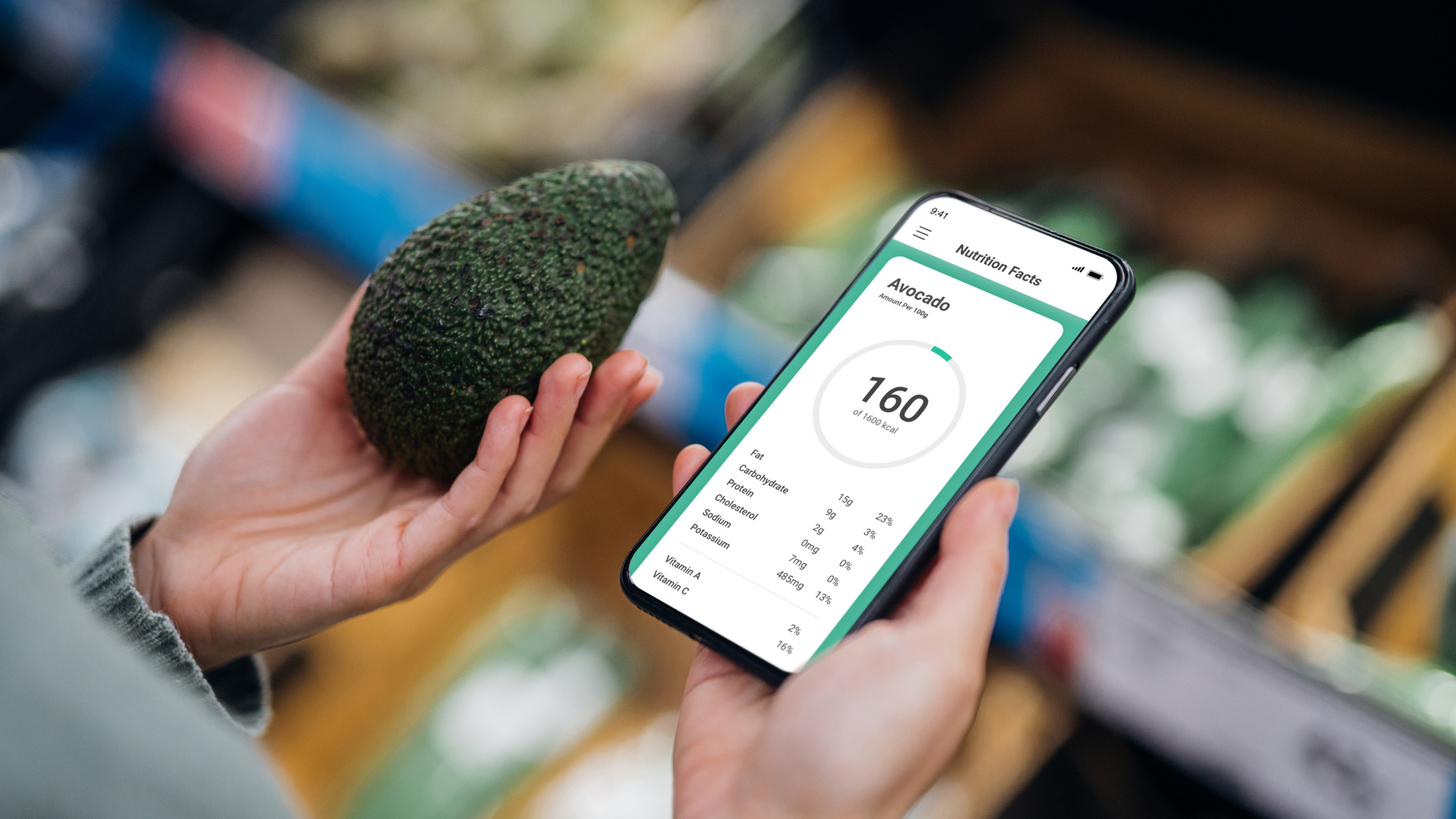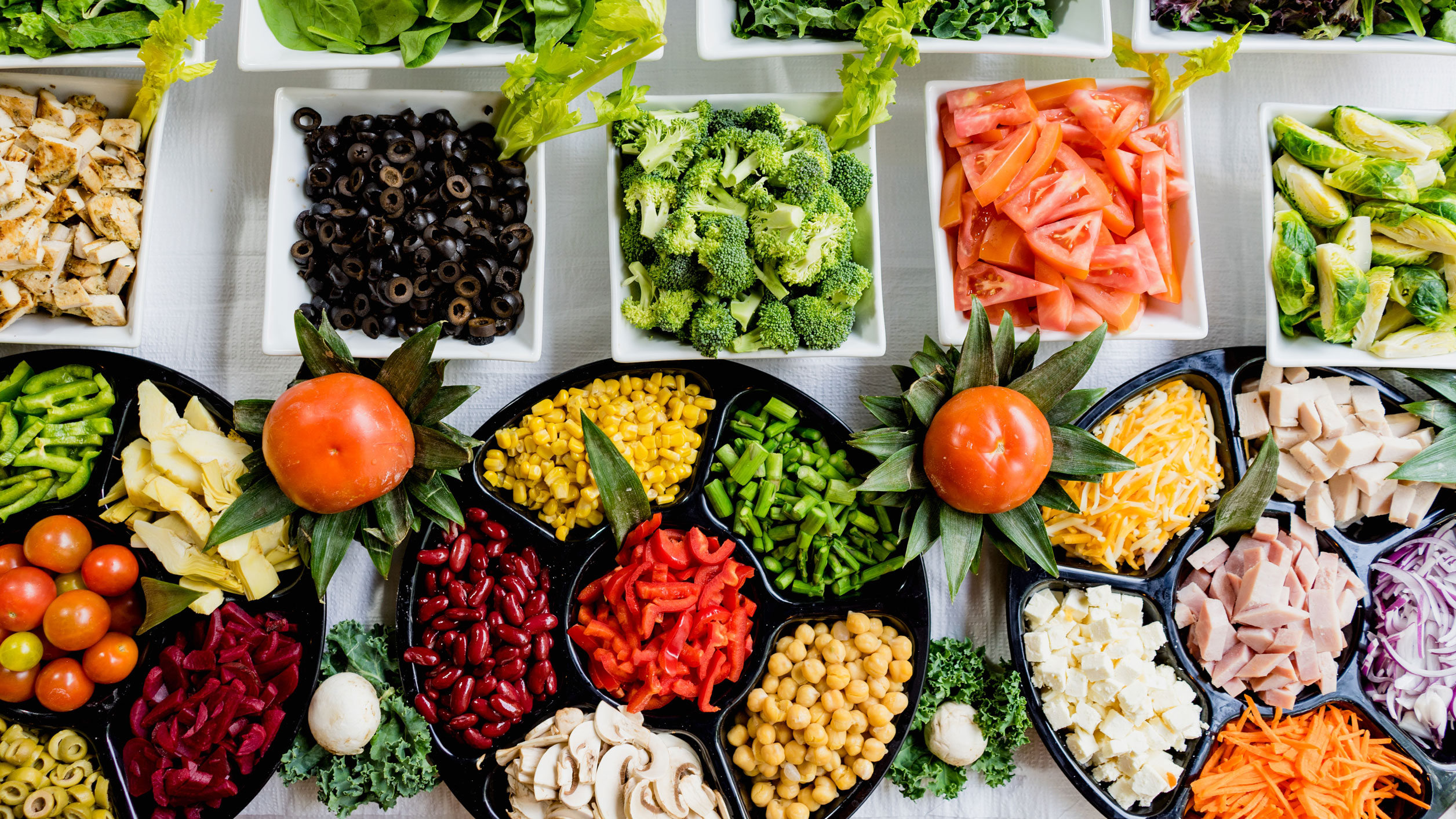How to identify the best weight-loss supermarket foods, according to an expert
The Food Effect Doctor tells us how to eat for weight loss and better mood in January and beyond


Start your week with achievable workout ideas, health tips and wellbeing advice in your inbox.
You are now subscribed
Your newsletter sign-up was successful
It's hard to get into the swing of eating healthily when it's January, you're hungry for something to eat, and the supermarkets are throwing very confusing labels at you. If the packaged products don't have a list of incomprehensible ingredients, they have pastel-green labels claiming to be healthy, when the list of ingredients suggest they're anything but. How do people eat healthy in these difficult times?
There are a few ways to make sure you're eating right amongst this chaos. For starters, you can check out our portion size guide for advice on limiting your junk food intake, and supplements such as the best protein powders for weight loss.
Medical doctor, author, and nutrition expert Dr Michelle Braude, known as The Food Effect Doctor online, did a revealing takeover on our Instagram account on how to beat the January lows and forge healthy eating habits in 2022. Check out the talk below, and read on for her top tips for a healthy January and beyond.
Watch Michelle's exclusive Instagram Live talk here
A post shared by Fit&Well (@wearefitandwell)
A photo posted by on
"Don't view healthy eating and weight loss as a diet, something you go on or go off," said Michelle. "Reframe it as a new way of life, so if you have a few days of over-indulging, you'll be less likely to give up and get despondent. One or two days of imperfect eating won't undo your commitment to a healthy lifestyle."
Michelle recommends checking the ingredients list for packaged products for two key pieces of information: lack of overall ingredients, and lack of chemicals.
"I always tell my clients the shorter the ingredient list on the packaging, the better it is. So if you're eating a bar, for example, look for something that has a few minimal natural ingredients, such as nuts, grains and cocoa powder. Don't buy products with a list of ingredients that you can't pronounce, and have never even heard of.
"[Instead] eat whole, natural foods. Avoiding highly processed, packaged junk foods as much as possible. Try and stick to eating whole natural foods that are as close to, if not the same as, as possible to their natural state, such as fruit, vegetables, nuts, eggs, dairy, fish or plant-based proteins."
Start your week with achievable workout ideas, health tips and wellbeing advice in your inbox.

Michelle also recommends going into the store with a plan in mind, buying fruit, nuts, seeds and protein based snacks to replace anything overly processed or with one too many ingredients on the packets. "Prepare! This is the golden rule of healthy eating habits. If you find yourself absent-mindedly eating during the day, replace unhealthy snacks in your cupboard with carrot sticks, pumpkin seeds... even popcorn is a great choice.
"You crave what you eat, so change what you're eating to the right foods to reduce your cravings for the bad stuff. Junk food does nothing to improve your overall health, energy levels or mood. You're better off opting for healthy, slow-release protein-based snacks."
She tells us serotonin is produced and derived from an amino acid known as tryptophan, which is found in oats, bananas, fish, dairy products, whole-grain bread, chicken, turkey and peanuts. Eating more protein will increase your serotonin production, which in turn stabilises your mood and increases feelings of well-being. If you're using animal products, try cooking them in a slightly healthier way using the best grill and best air fryer.
Matt Evans is an experienced health and fitness journalist and is currently Fitness and Wellbeing Editor at TechRadar, covering all things exercise and nutrition on Fit&Well's tech-focused sister site. Matt originally discovered exercise through martial arts: he holds a black belt in Karate and remains a keen runner, gym-goer, and infrequent yogi. His top fitness tip? Stretch.
